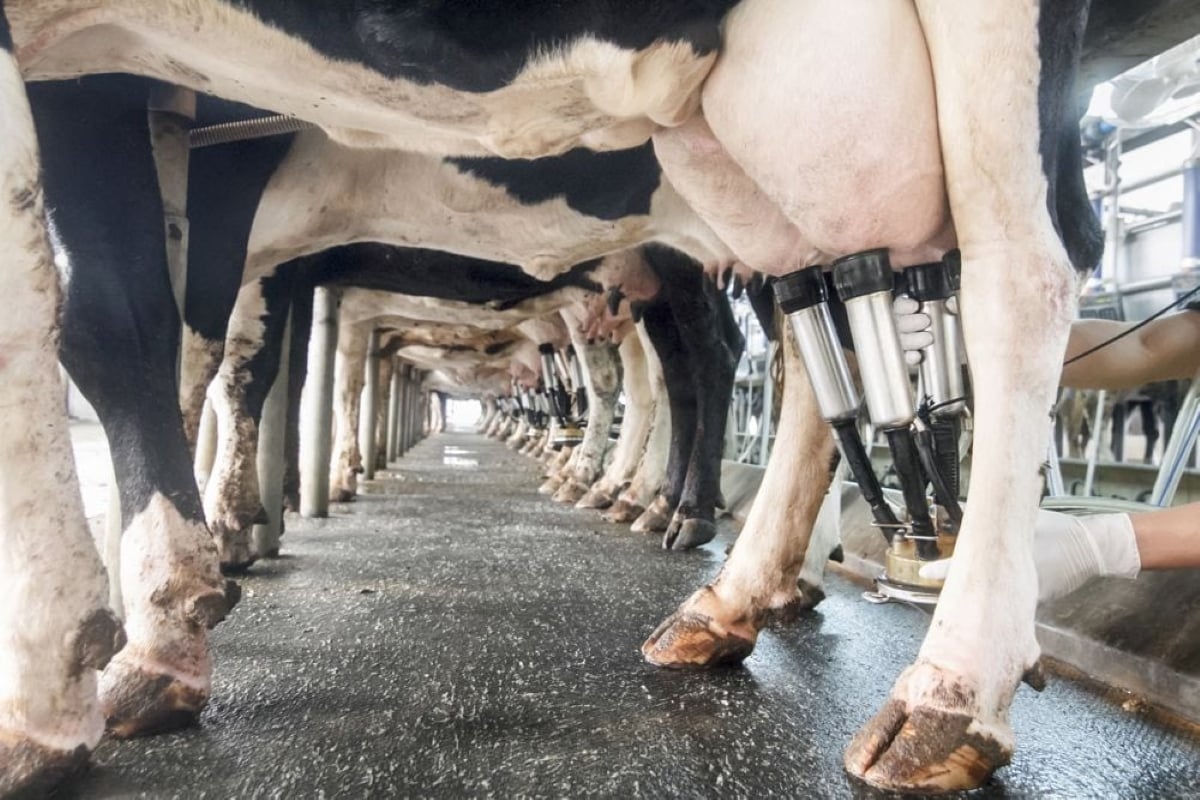WINNIPEG — Canada’s two major railways continued to fall behind in meeting grain hopper car orders during the week ended Jan. 25, according to the latest report from the Ag Transport Coalition for Week 25 of the 2014-15 crop year.
Canadian National Railway and Canadian Pacific Railway supplied 2,352 (31 percent) of the 7,588 hopper cars ordered for delivery in Week 25, representing a shortfall of 5,236 cars for the week, according to the report. When including cars ordered in earlier weeks, CN spotted 3,896 cars and CP spotted 2,615 cars, or 6,511 cars in total.
Overall, the two railways are running about 10 percent behind in filling orders during the first 25 weeks of the crop year, with CN having supplied 87,100 of the 95,239 cars requested to date and CP supplying 85,386 of the 95,650 cars requested, according to the report.
Read Also

Farm gate milk price to rise in 2026
The Canadian Dairy Commission will raise its farm gate milk price by 2.3255 per cent in February, the Crown corporation announced on Friday.
Approximately 6,400 customer orders, representing about 46 percent of unfulfilled orders, have been outstanding for four weeks or longer, according to the report.
Traffic destined for bulk terminals in Western Canada received a higher percentage of cars (34 percent) than other corridors, according to the report. Non-bulk corridors including the U.S./Mexico, Vancouver transload and Canadian domestic corridors saw a fulfillment rate of 27 percent during the week.
CN’s loaded dwell times for multicar block traffic at country origin locations averaged 32 hours, which was up from 24 hours the previous week but still better than the year-to-date average of 40 hours. CP’s dwell times averaged 65 hours, which compares to its year-to-date average of 60 hours.
The methodology for calculating the age of outstanding orders has changed as of Week 25. The aging calculation now includes only those orders that shippers continue to expect the railways to fulfill. This calculation now excludes all unfulfilled orders related to rejected cars, orders denied by the railways, railway cancellations due to railway car ordering thresholds and orders not completely filled (shorted supply).













